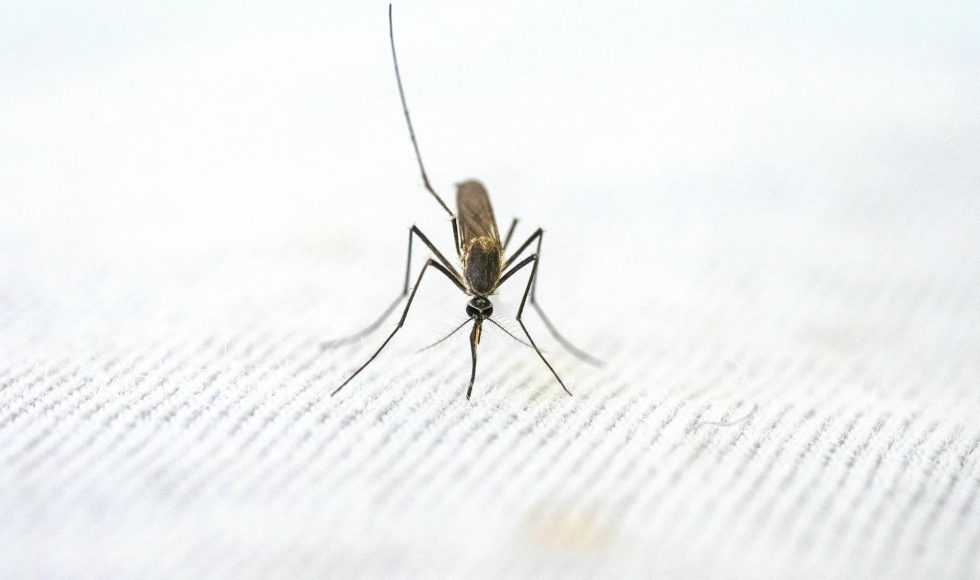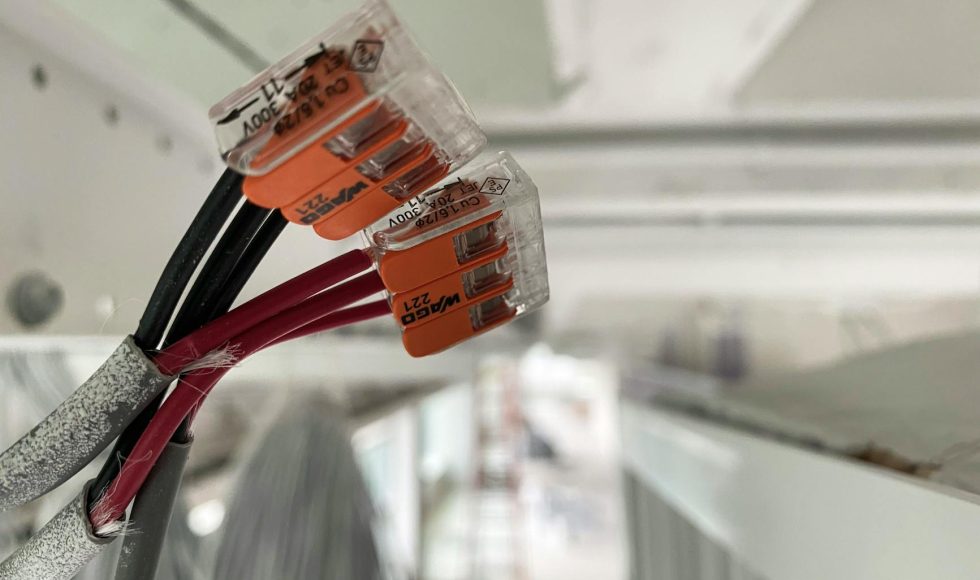Tonight I watched Jeroen de Ridder from the University Medical Center Ultrecht in the Netherlands present at London Calling 2019. They spoke about “Cyclomics: ultra-sensitive nanopore sequencing of cell-free tumor DNA.” Ridder spoke about the importance of detecting the recurrence of cancer in patients. Common diagnostics may not be suitable, and liquid biopsies of the […]
Tonight, I watched the recording of Lucky Ronald Runtuwene from the University of Tokyo in Japan from London Calling 2019. Runtuwene is part of a sequencing core at a university campus. They have several Illumina devices and a PromethION. Their goal is to expedite research in developing countries. They started a collaboration with Indonesia, starting […]
Nicola Hall from the University of Oxford in the UK presented at London Calling 2019 on “Revealing mRNA alternative splicing complexity in the human brain.” Hall is investigating expression within a single cell in the human brain. They want to better understand how splicing is occurring in the brain. They spoke about using walk-on music […]
Evangelos Karousis from the University of Bern in Switzerland presented at London Calling 2019 on “Splice isoform-specific analysis of endogenous NMD targets in human cells.” Karousis explained that RNA degradation is involved in various biological functions, and nonsense-mediated decay (NMD) is not well understood. Nonsense mRNA is dangerous because it can contribute to disease. NMD […]
Tonight, I watched the London Calling 2019 session by Irina Chelysheva from the University of Hamburg in Germany. The session’s title is “Small, modified, and highly structured: the challenge of tRNA sequencing.” Their lab is interested in sequencing tRNA because it is challenging. The major problems for sequencing, Chelysheva noted, include the short length of […]
Aaron Brooks from EMBL Germany presented at London Calling 2019 on “Measuring SCRaMbLEd transcription with direct RNA sequencing.” Direct RNA sequencing has interested me since we tried it last summer for bacterial transcriptomics. Brooks asked: “What if you could build a genome from scratch?” and “Where would you place the transcriptional units?” It is now […]
Pore-C is a method I hear about, yet I don’t fully understand the details. Eoghan Harrington from Oxford Nanopore Technologies (ONT) presented at London Calling 2019 a session titled “Pore-C: a method for genome-wide, multi-contact chromosome conformation capture.”Harrington is part of the applications team and focuses on genomic applications. They collaborate with various partners. The […]
Tonight I watched the London Calling 2019 session by Ahmed Abd El Wahed from the University of Gottingen in Germany. The title of the presentation was “From ancient tomb to animal viruses: mobile suitcase lab for nanopore sequencing at field settings.” El Wahed spoke about the reagents and equipment needed to perform sequencing. They have […]
Kuan-Ting Li from Cold Spring Harbor Laboratory presented at London Calling 2019 on “PSI-Sigma: a comprehensive splicing-detection method for short-read and long-read RNA-seq analysis.” PSI-Sigma is a splicing detection tool that measures percent spliced in. With nanopore long-read RNA-seq data, PSI sigma presents a newer splicing detection approach. PSI-sigma was benchmarked on synthetic RNAs and […]
Magali Hennion from the Institute of Biology of the Ecole Normale Superieure in France presented at London Calling 2019 on “Mapping DNA replication using nanopore sequencing.” DNA replication in eukaryotes starts from multiple origins, and the fork progresses with variable speeds. Hennion explained that replication is important in understanding tumorigenesis. Single-molecule approaches are needed to […]











